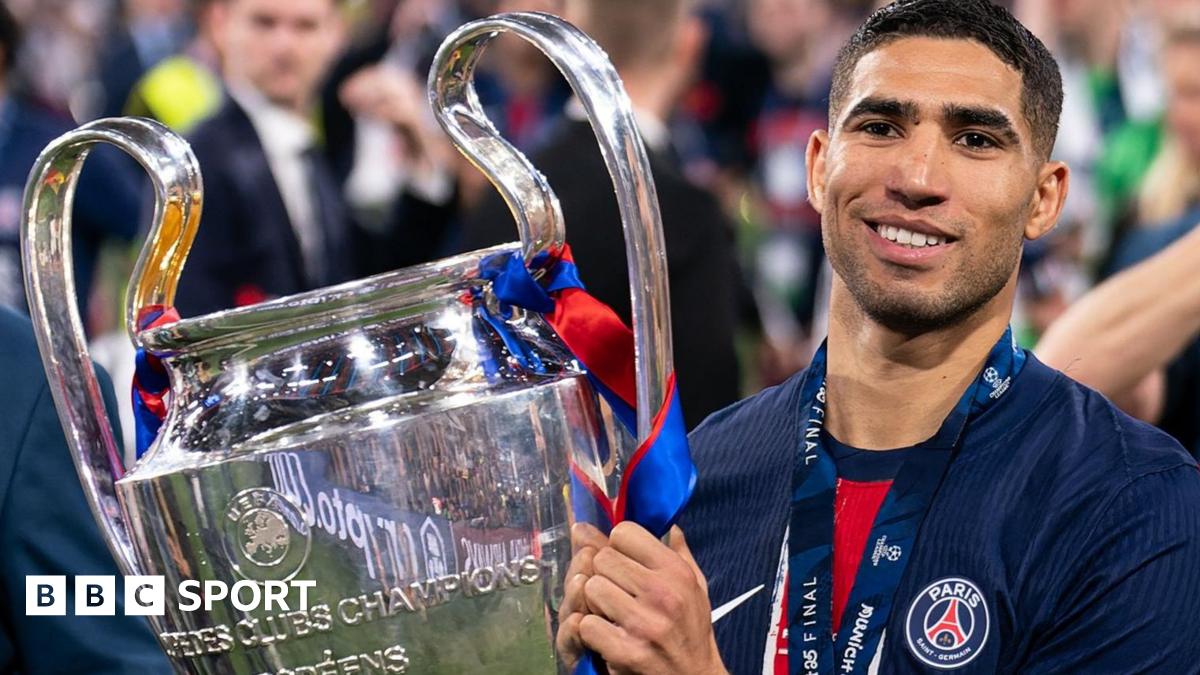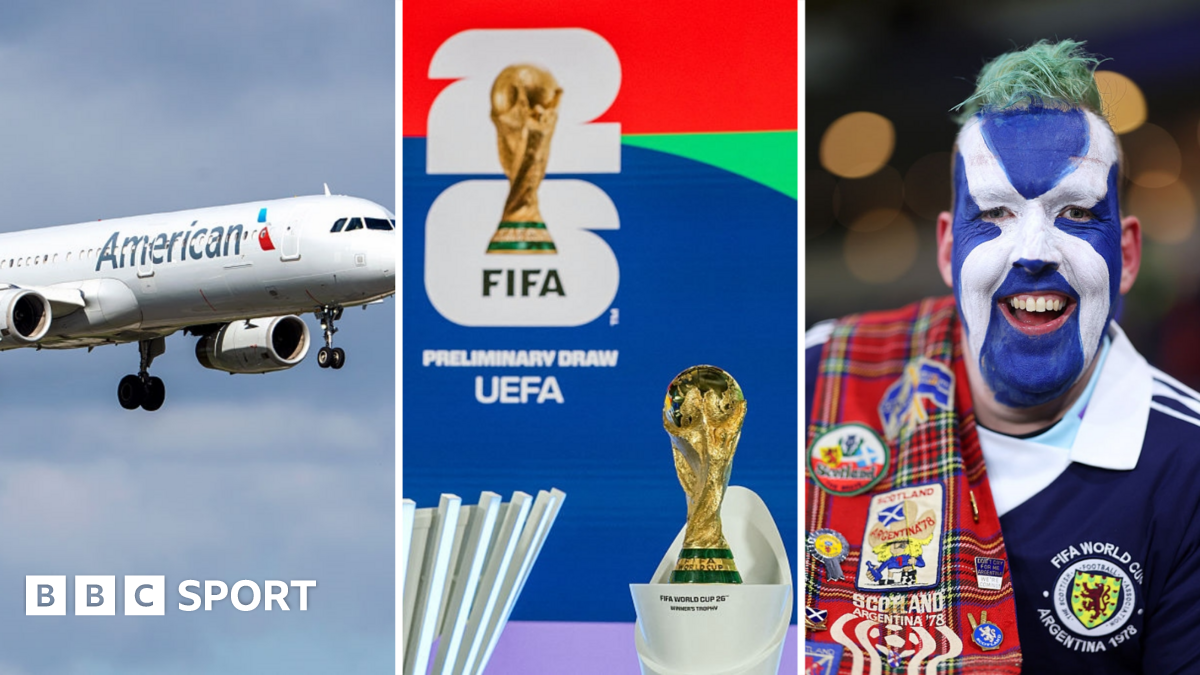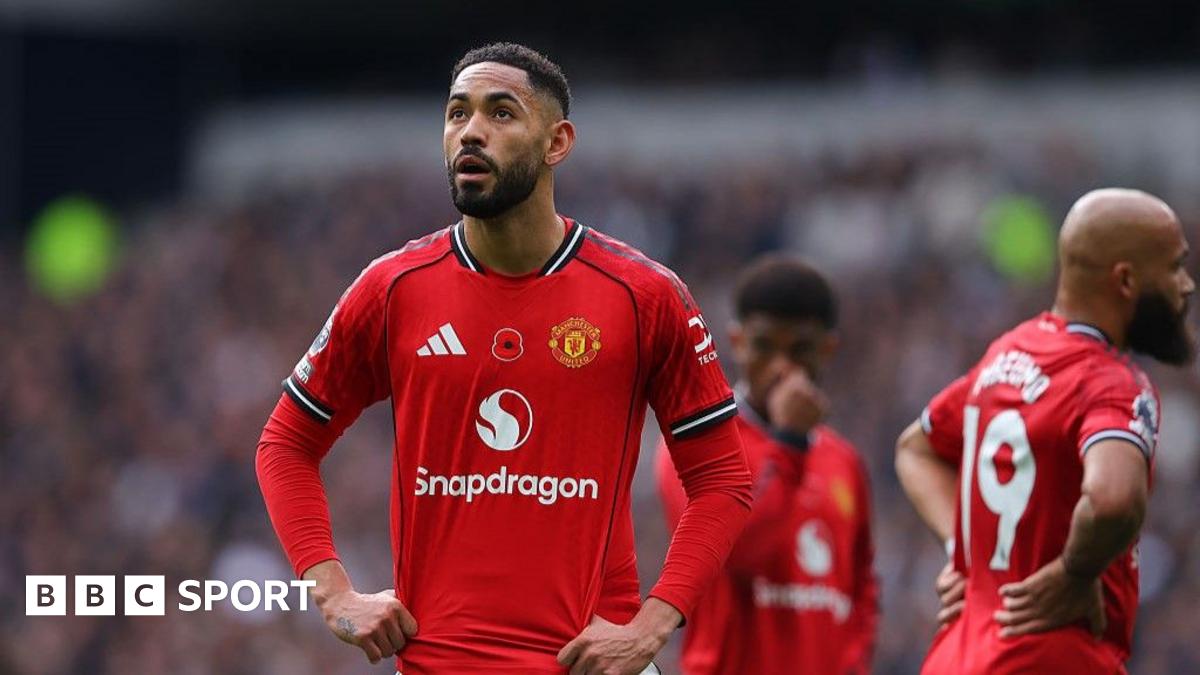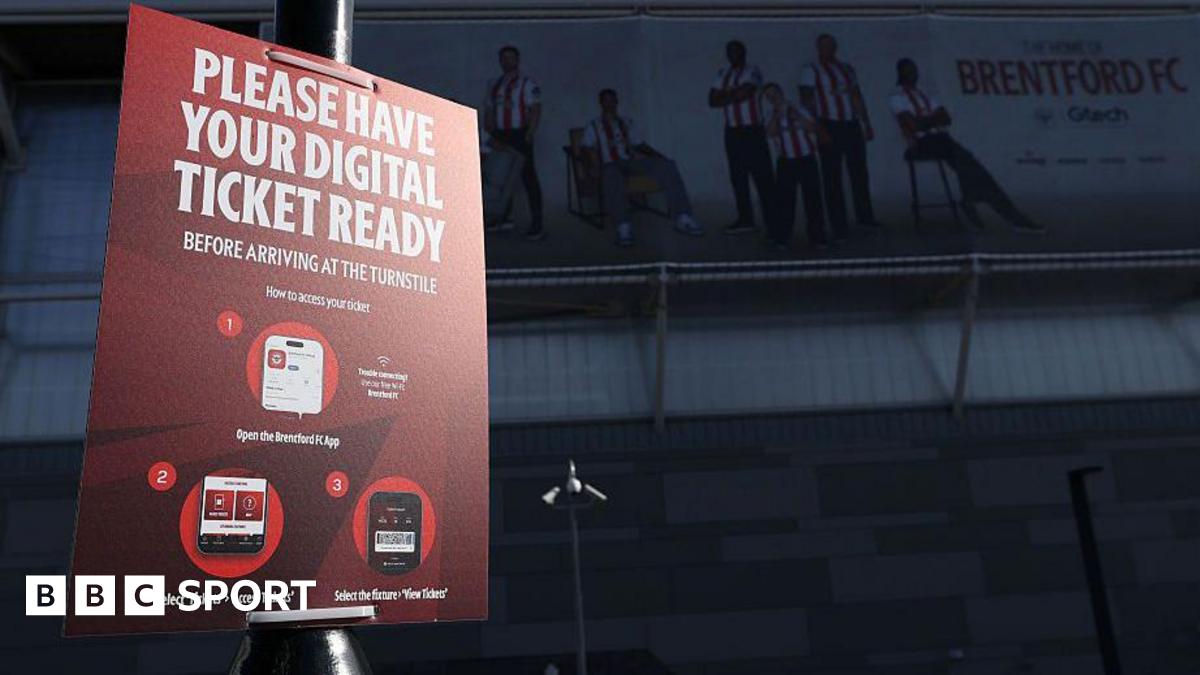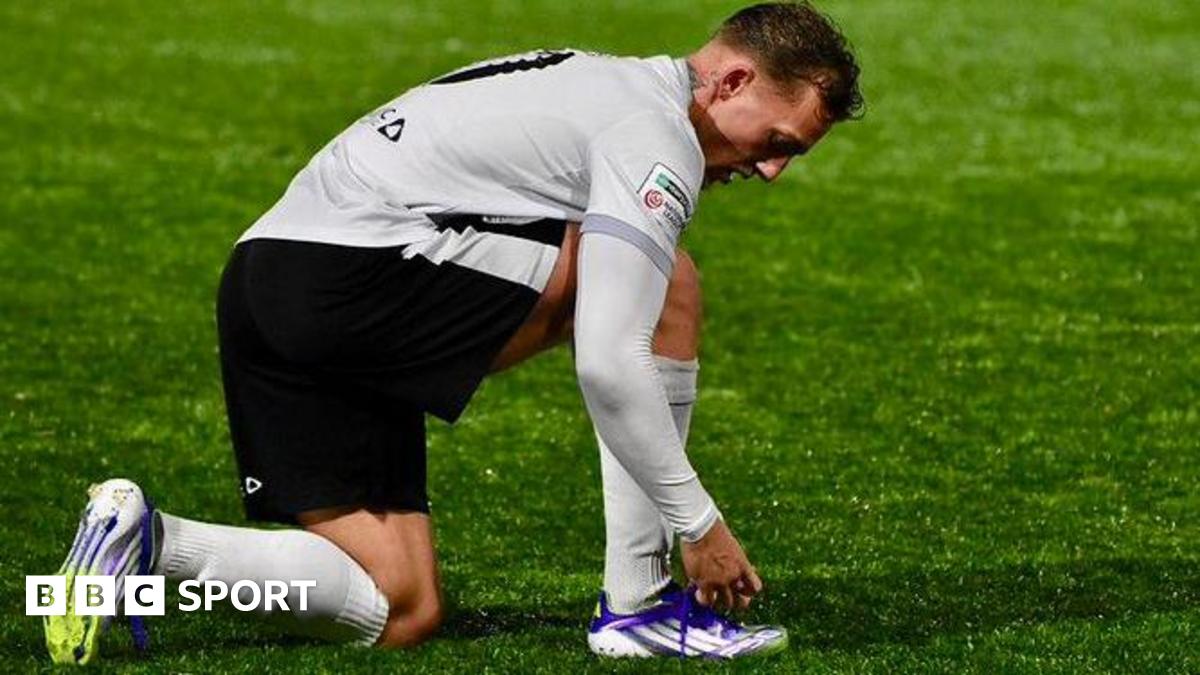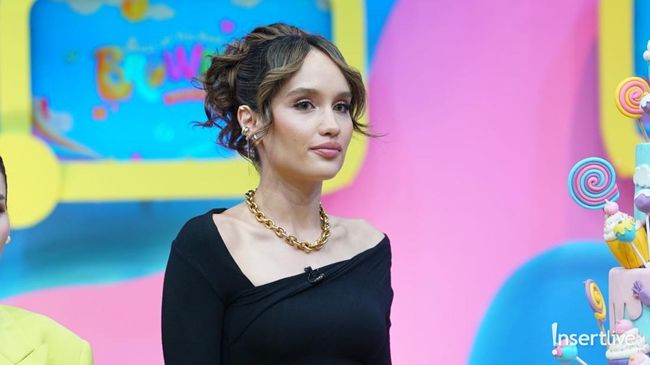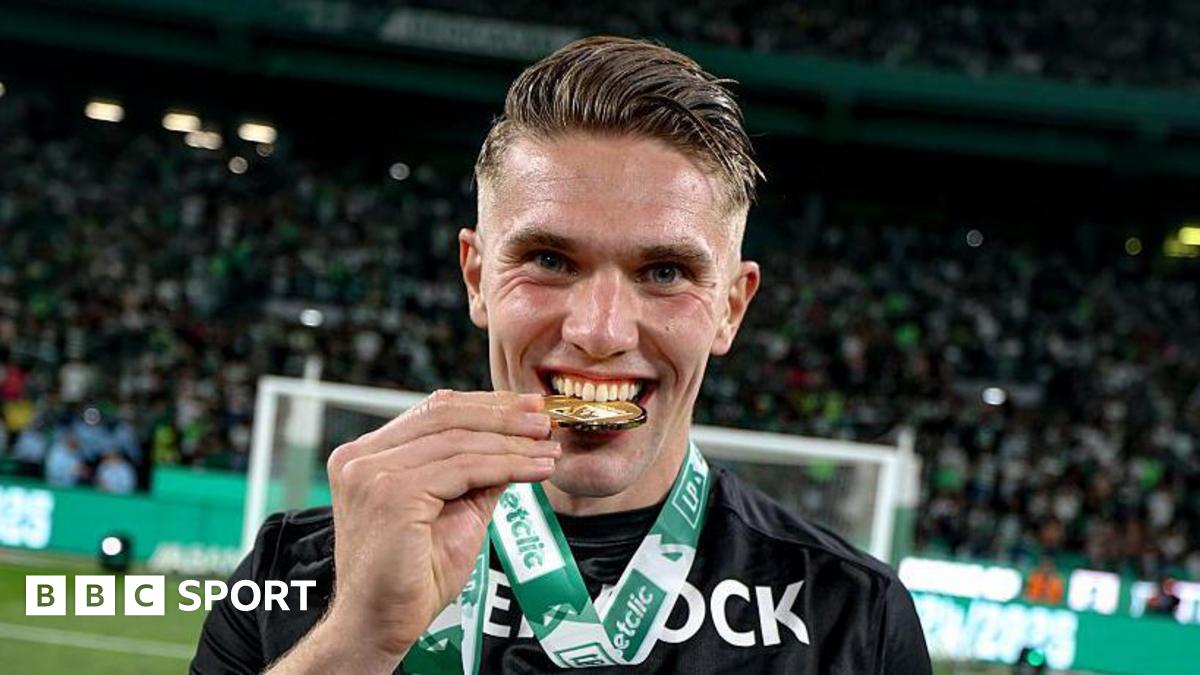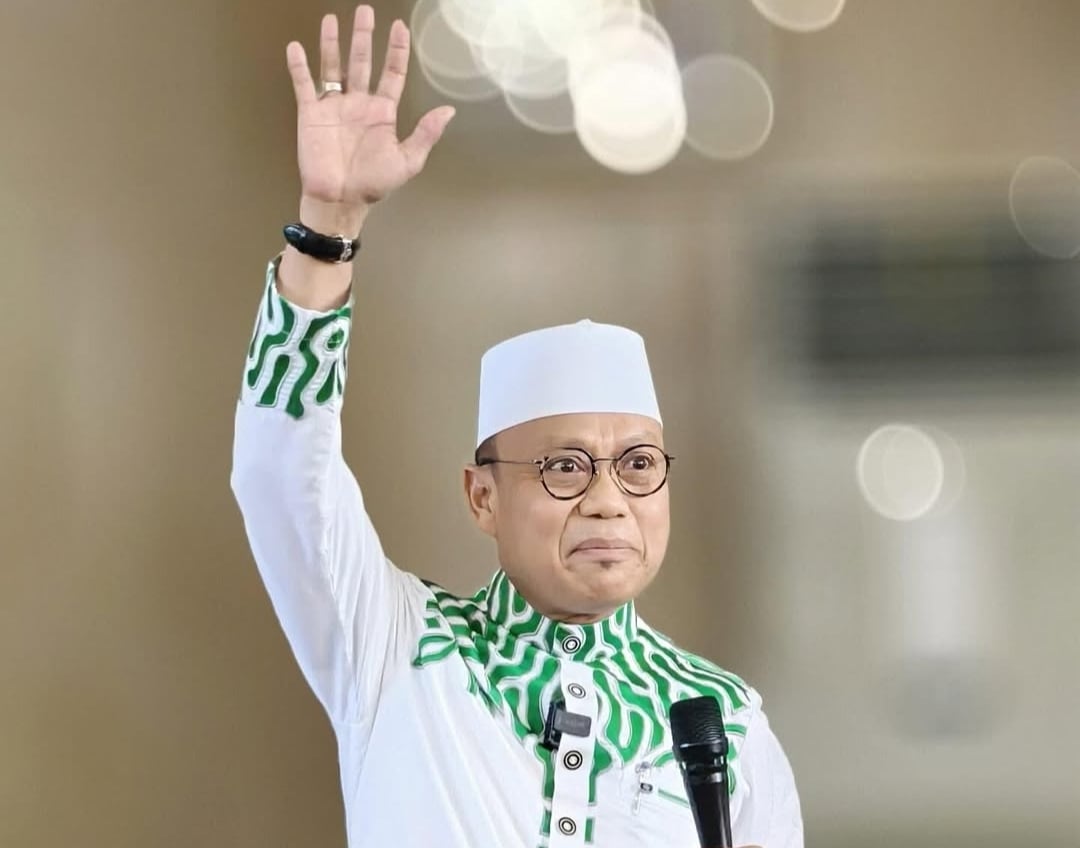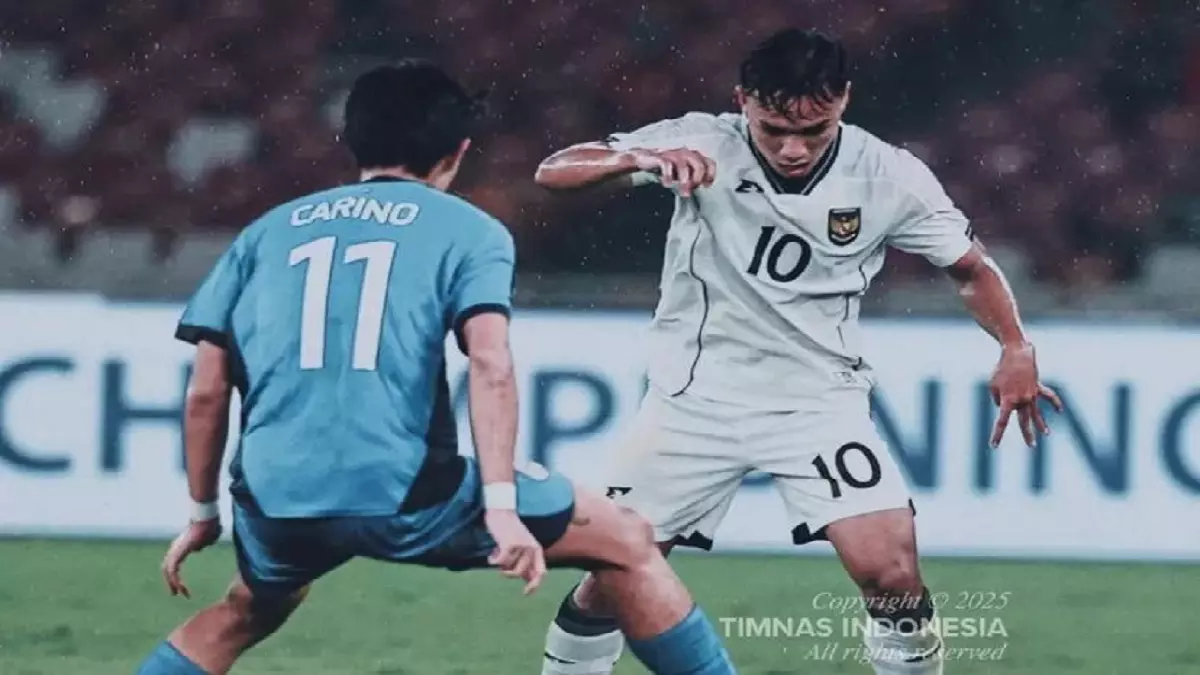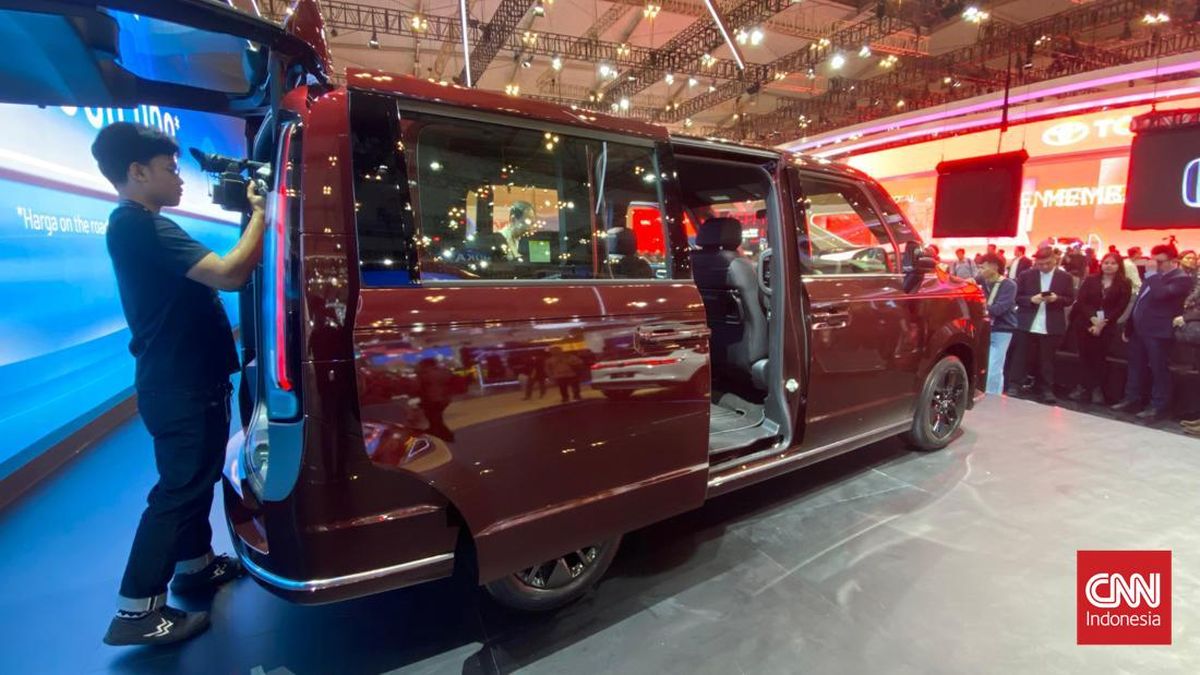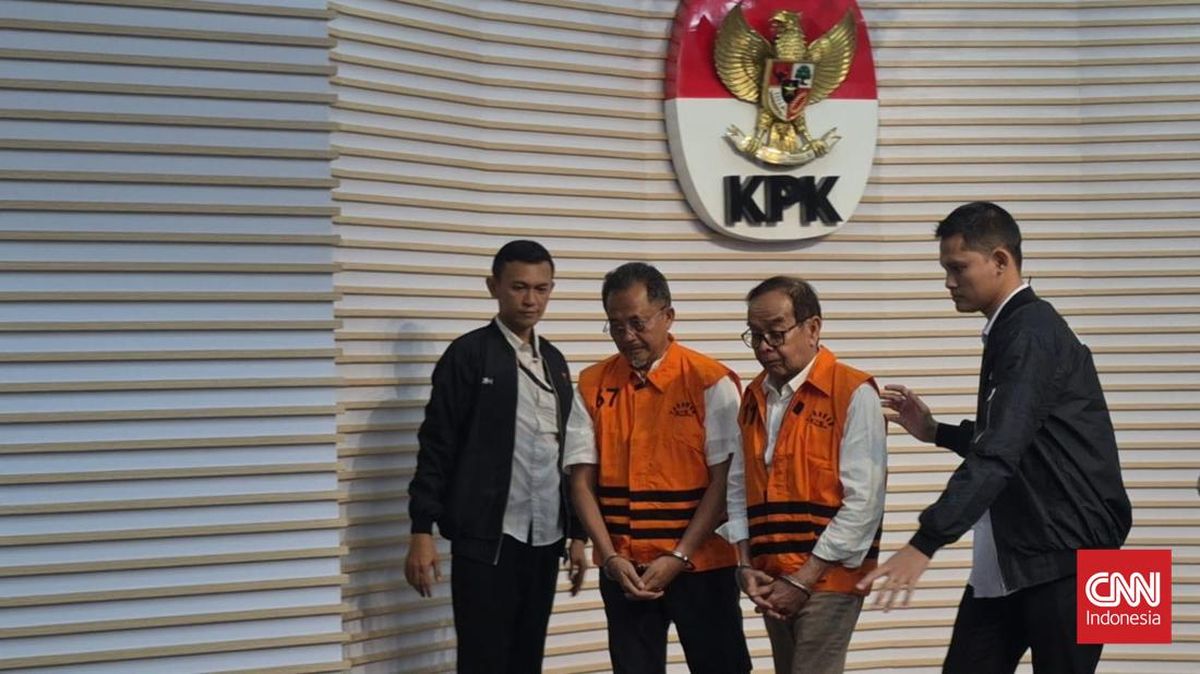
ByJonty Colman
BBC Sport journalist
Manchester United will go two months without playing a match on a Saturday.
Following November's international break, United will not play any of their next 10 Premier League fixtures on a Saturday - for a number of reasons.
From those matches, which take United up to the FA Cup third round weekend of 10-11 January, Ruben Amorim's side will play three Monday night matches, three Sunday games, three midweek matches and once on a Friday night.
Among those fixtures there are also some early kick-off times. United face Crystal Palace at 12:00 GMT on a Sunday at the end of November, before starting their 2026 fixture list with a Sunday trip to Leeds for a 12:30 start.
Their last Saturday game was their 2-2 draw with Tottenham on Saturday, 8 November.
United's next scheduled match on a Saturday is on 17 January against Manchester City. However, the television picks for that weekend are yet to be announced.
There are a series of circumstances that have led to the lack of Saturday games for the Old Trafford side:
Their three Monday matches are all selected as the Monday night television picks for those respective weekends.
The trips to Palace and Leeds were selected by TNT Sports to be shown on a Saturday but had to be held for a later date. Palace play Strasbourg away in the Conference League three days before hosting United, while Leeds have a Premier League game on the Thursday before they host Amorim's side. The Premier League aims to schedule matches so no team plays two games within 60 hours of each other.
Home matches against West Ham and Wolves, and the trip to Burnley, are all part of midweek rounds of Premier League fixtures across December and January, while United's meeting with Newcastle is the Premier League's dedicated Boxing Day fixture.
The trip to Aston Villa for United's final match before Christmas is that week's Sunday 16:30 fixture.
Manchester United's next 10 fixtures
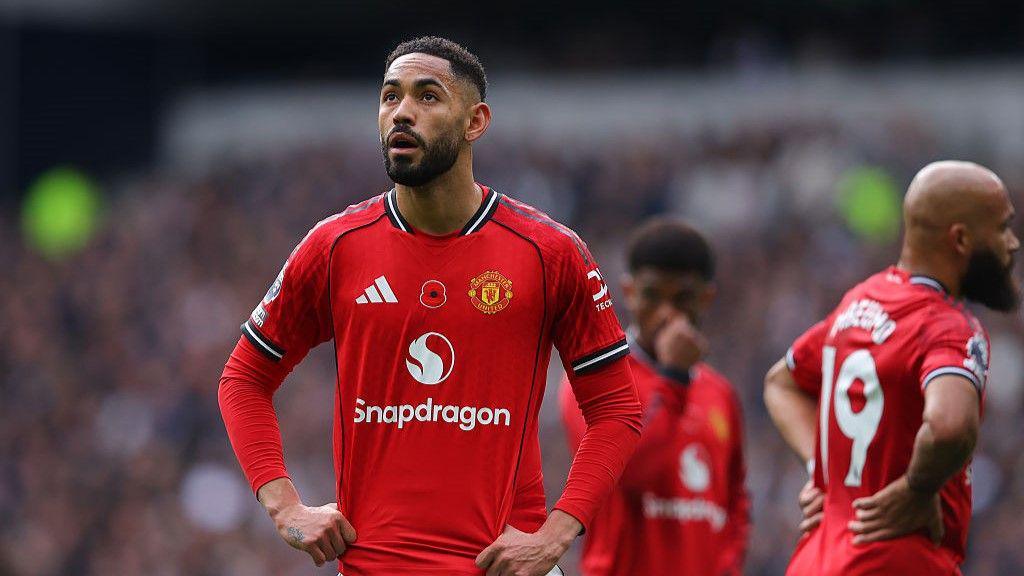 Image source, Getty Images
Image source, Getty Images
Manchester United have three Monday night matches in the next four weeks
All times in GMT
Monday, 24 November: Manchester United v Everton (20:00)
Sunday, 30 November: Crystal Palace v Manchester United (12:00)
Thursday, 4 December: Manchester United v West Ham (20:00)
Monday, 8 December: Wolves v Manchester United (20:00)
Monday, 15 December: Manchester United v Bournemouth (20:00)
Sunday, 21 December: Aston Villa v Manchester United (16:30)
Friday, 26 December: Manchester United v Newcastle (20:00)
Tuesday, 30 December: Manchester United v Wolves (20:15)
Sunday, 4 January: Leeds United v Manchester United (12:30)
Wednesday, 7 January: Burnley v Manchester United (20:15)
How are Premier League TV matches selected?
By
Football issues correspondent
There are five packages to the latest TV rights deal, which began at the start of this season and runs for four years, though Sky Sports owns four of them.
TNT Sports has the 12:30 GMT slot on a Saturday, but doesn't have any first picks. Sky Sports holds all first picks, 14 for 17:30 on a Saturday and 18 for Sunday at 16:30.
So, what goes into the selection process? Quite a few bits, and it will always be influenced by the European calendar - especially this season when there are nine clubs in Uefa competition.
For instance, teams in the Europa League and Conference League on a Thursday - Aston Villa, Crystal Palace and Nottingham Forest - are unable to play a Saturday. And teams who are away in the Champions League on a Wednesday will kick off at 20:00 on a Saturday if chosen by TNT.
Even then there is some flexibility. TNT Sports selected Crystal Palace v Manchester United for Saturday, 29 November but as the Eagles cannot play that day it kicks off at 12:00 on the Sunday.
Sky Sports picked Tottenham Hotspur v Fulham, which should have been allocated to a Friday or Monday at 20:00 that same weekend. But as Spurs are away to Paris-St Germain in the Champions League on Wednesday, 26 November and have a Premier League game on Tuesday, 2 December, the Fulham fixture is scheduled for 20:00 on the Saturday.
A team in Europe has limited options to be selection to play on a Monday, which is why Manchester United, with no European engagements, are likely to be picked more often than other clubs.
There are other constraints, too. In the 12:30 and 17:30 Saturday slots, every club must be shown at least once and no team can picked more than six times. For the other slots, the maximum is five times.
And as Manchester United have already been picked three times in the Monday slot, they can be selected only two more times.
How do Manchester United feel about the fixture pile-up?
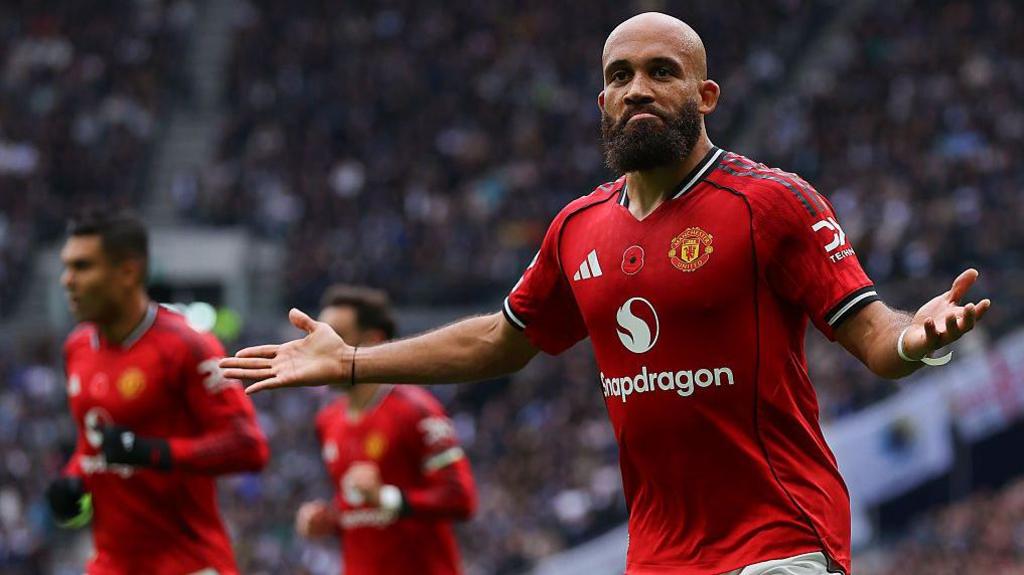 Image source, Getty Images
Image source, Getty Images
Manchester United's top scorer Bryan Mbuemo is set to miss games across December and January due to representing Cameroon at the Africa Cup of Nations
By
Chief football news reporter
United have acknowledged they agreed to more Monday and Friday fixtures in a new broadcast contract, but also said they recognise the increased difficulties for fans to attend non-Saturday games.
They suggested there needs to be a balance between the importance of the money brought in by broadcasting matches, and the matchday experience for fans who attend them.
United also wrote to their Fans Forum to outline their position and confirmed chief executive Omar Berrada had spoken to Premier League counterpart Richard Masters to outline the club's concerns.
The club pointed out in a 12-week period between 5 October and 25 December they have just one match at Old Trafford on a weekend and have a trip to Palace at 12 noon on a Sunday and another to Wolves at 20:00 on a Monday.
United said while they agreed to the new TV deal, which increases the number of Monday and Friday night games, they also recognise one of the attractions of the Premier League for broadcasters around the world is the 'unique atmosphere' inside stadiums and the league cannot lose sight of that when they are deciding fixtures.
This article is the latest from BBC Sport's Ask Me Anything team.
What is Ask Me Anything?
Ask Me Anything is a service dedicated to answering your questions.
We want to reward your time by telling you things you do not know and reminding you of things you do.
The team will find out everything you need to know and be able to call upon a network of contacts including our experts and pundits.
We will be answering your questions from the heart of the BBC Sport newsroom, and going behind the scenes at some of the world's biggest sporting events.
Our coverage will span the BBC Sport website, app, social media and YouTube accounts, plus BBC TV and radio.

